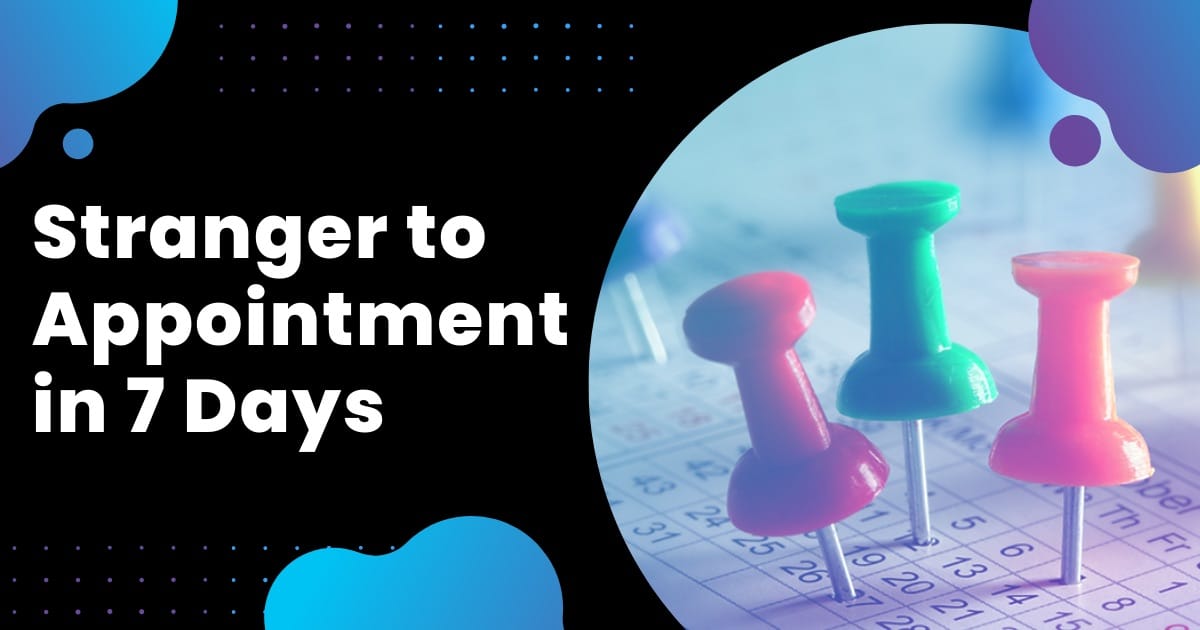There is no step-by-step guide to online marketing that is a guaranteed blueprint for number 1 rankings in the search engines. It’s up to website owners, and the marketing and search engine optimisation (SEO) professionals they might hire, to figure out what works and what doesn’t.
While the strategies and tactics you use will vary according to your niche and your competition, here are five essential components that should be part of your online marketing and SEO strategy:
1. You need an onsite content strategy
Prior to Google’s Panda algorithm update last year many sites with low value content ranked purely based on the strength of their inbound link profiles, i.e. the links pointing to the sites from external websites.
The Panda update had a positive effect on the ranking of websites in Google’s search results with lots of strong, quality content. If you want to rank for any sort of competitive keyword your website must have great content. A number of factors that Google now looks at to differentiate high-quality from low-quality content are:
- Quantity and quality of inbound links to a web page
- Quantity and quality of social signals linking to a web page
- Grammar and spelling on the page
- Text formatting queues on the page (bold, italics, bullet points)
- Use of H1, H2 & H3 header tags for headings
- Length of content
- Outbound links from the page
Google has become sophisticated enough in it’s comparison of web pages to expect certain patterns for pages targeting individual search terms. If you are not adding value then Google will invariably pick up on it.
Furthermore, Google can judge the quality of the content by measuring user metrics, i.e. how long do people stay on a page after clicking on a link from a search engine result. If there is a trend of searchers immediately clicking the back button to return to the search engine results then this will likely have a negative effect on how that web page ranks in the future.
When planning your onsite content strategy, create quality content that adds lasting value. You are not just adding content because you have heard that Google wants it, you are building an information hub where every page you create on your site is potentially a source of fresh leads from extra search terms you can potentially rank for….often you will rank for terms you never even considered. Examples of types of content you can include are:
- Offering advice & information based on personal experience & knowledge of your industry
- Publishing data that you have gathered internally or is difficult to gather
- Infographics that dissect data in a new way, offering a fresh perspective
2. Plan your offsite content strategy
A strategic SEO link building campaign is critical for the success of your online marketing campaign. The higher the number and quality of links to your website, the better because:
- Inbound links are still the heaviest-weighted factor in Google’s ranking algorithm
- When highly-authoritative websites link to yours, you gain exposure, positive branding and referral traffic
- Links are like votes for your website and the quality of your content
- Every link has the potential to bring more clients and customers to your product or service.
But following the Google Penguin update you need to be careful that you, or whomever you hire to do it, is careful in the way links to your website are built. Building links that appear to be unnatural or manipulated can result in your site being penalised.
If you’re seeking good links, the best way is the more time-consuming way. Search for the topics you want to be found for and review the top sites that appear. Find sites that aren’t competitive to you and visit them. Do you have content on your site that would be useful to the audience of the other site? If so, then email that site suggesting why it might be useful to link to you, and point to an exact page that would be most relevant. You may even be able to create infographics for these other sites or guest blog for them. Links from these sites will be of the highest value due to their relevance and authority in the niche you are targeting.
3. Give it time
Online marketing should not be considered a short-term tactic.
Everyone (including your competition) recognises that if you have a website that ranks for search terms people are looking for in search engines that you are likely to receive leads from the internet. The next step then is to identify these search terms that people are using to find the products and services you offer.
There are a number of factors that will determine what the right search terms to target for you are including search volume and competition. The trick is to pick those terms that have sufficient volume that you can realistically rank for. The reality is that these days a lot of businesses have competition in their market online and time (yours or someone you pay) will need to be invested. More often than not this is a long-term plan and if your competition is active then your online marketing will need to be ongoing to keep up with or beat them.
4. Devote sufficient budget to the campaign
Think of your online marketing campaign (and your website) as one of your salespeople. How much would a salesperson that brings in hundreds or thousands of leads to you per year be worth to you?
Many people don’t realise the amount of work involved in getting traffic to a website. The temptation may be to use the services of a low-priced SEO service provider that is high on promises. However, the methods provided by these low cost providers only ever work for those search terms with the lowest competition. Typically, these providers are stuck in a pre-Penguin era of SEO, convincing business owners that low-quality spam tactics still work.
So, what types of tactics should you focus on?
- Build your personal brand by guest blogging
- Engage in social media marketing to organically build your brand’s social presence
- Design and execute a quality content strategy for your website to attract inbound links
5. Recognise you can’t be the expert in everything
Online marketing is truly something that requires skills across many different fields and cannot be managed by a single person. To be done right, you require a team of professionals knowledgeable across one or more of each distinct discipline. This is where outsourcing your online marketing is typically the most cost-effective strategy.
Depending on your own skills and available time you might choose to hire individuals that have skills in the individual areas you require and manage the integration of what each of the people you have hired is doing.
However, as online marketing is becoming more competitive and search engines like Google evolve, you will get the best results from an agency that coordinates the efforts of your online marketing team and ideally employ them internally so you can be assured of an effective, integrated online marketing strategy.
If you would like to work with us to establish an effective online marketing strategy from identifying the market you should be targeting through to implementing your campaign call The Adviser Brand on 02 9057 9057 or complete our contact form










